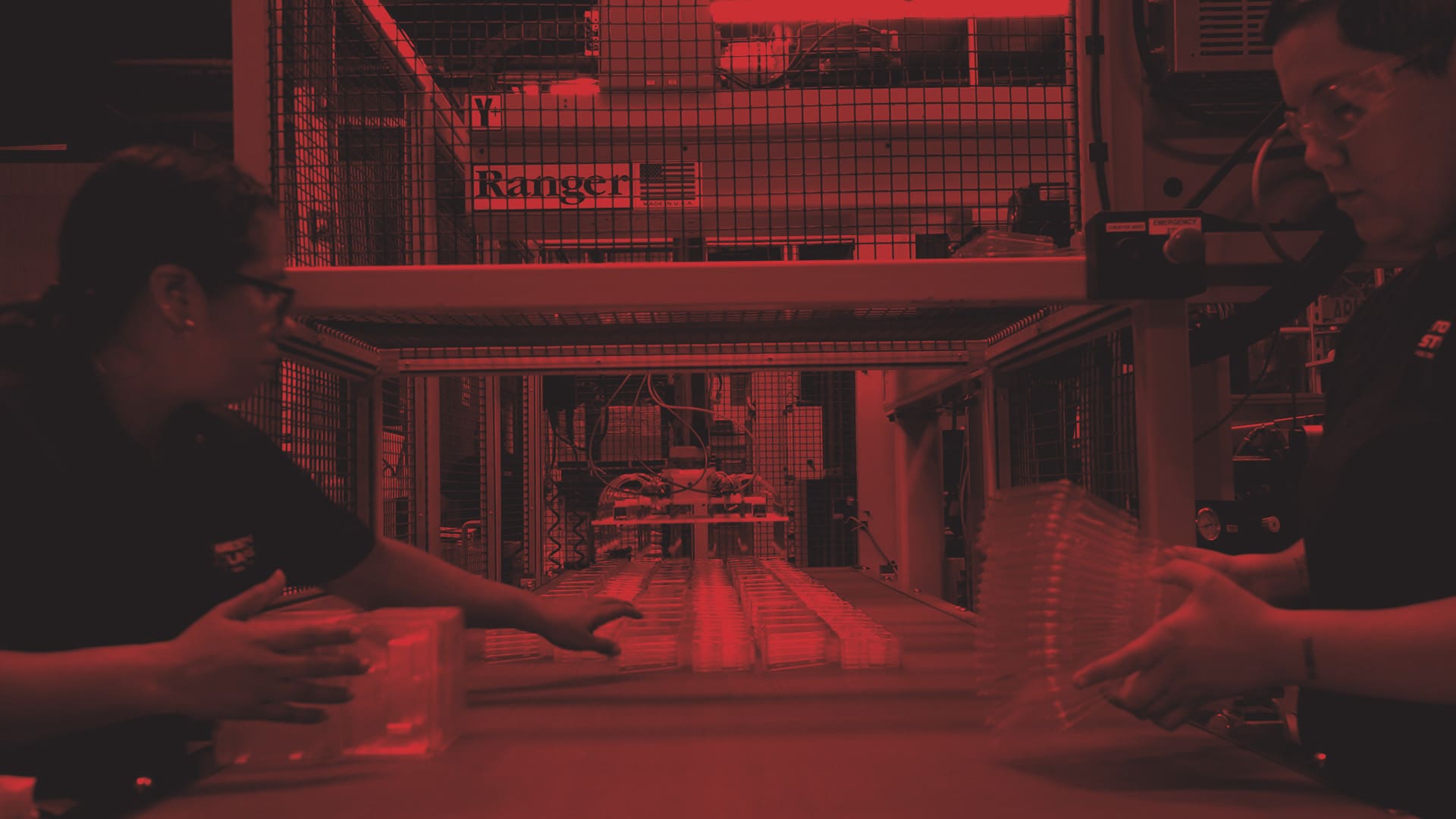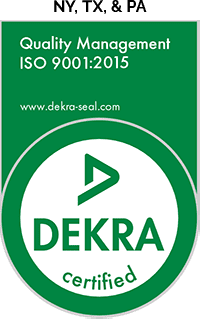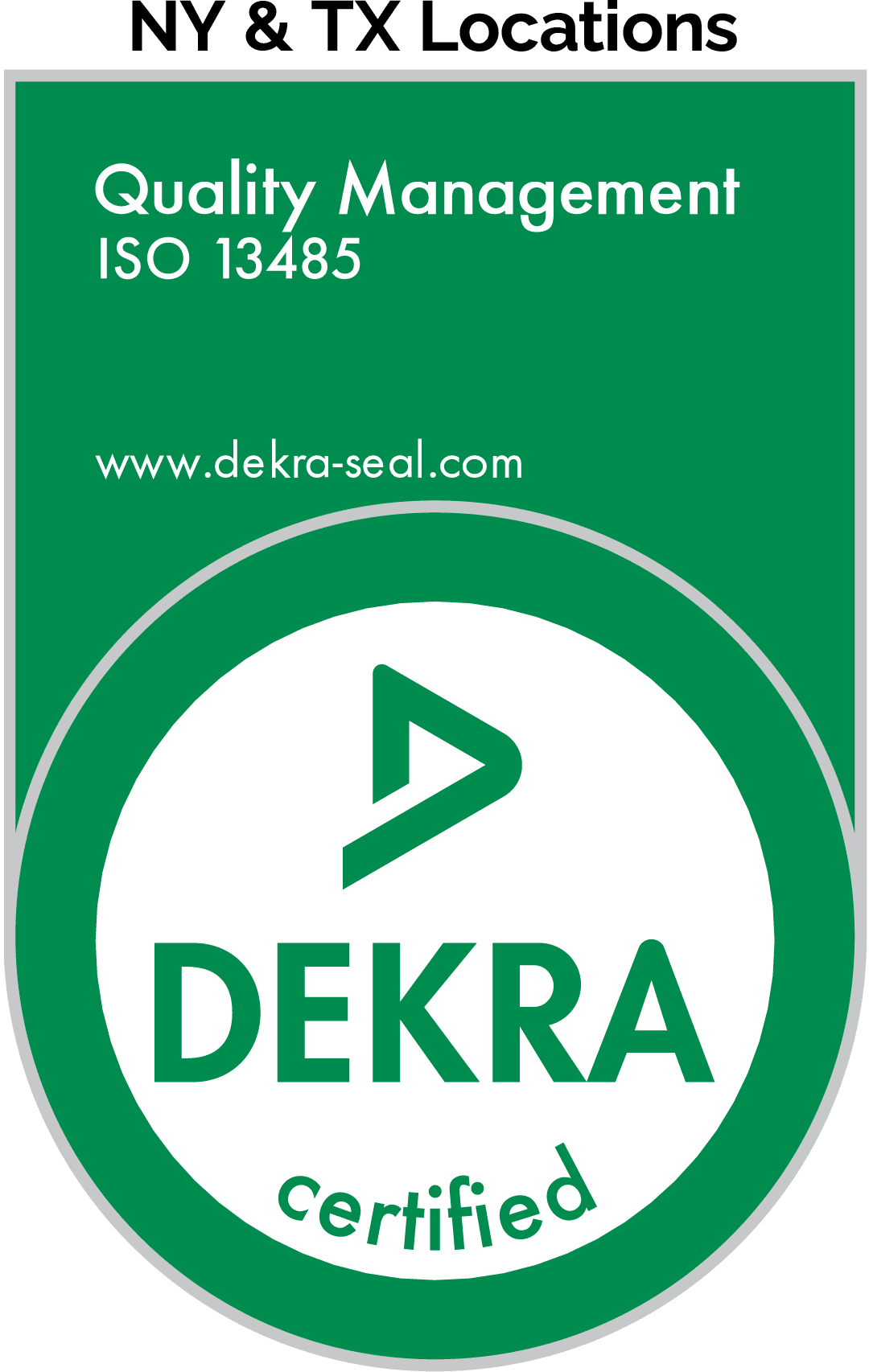Establishing a significant supplier relationship with a qualified plastic products manufacturing company is essential to maintain a reliable partnership. However, with many companies available, finding one that employs advanced technologies and procedures can take time and effort.
This article will help you make an informed decision in selecting the right thermoforming manufacturer as we highlight the key factors you want to consider.
Important Considerations When Selecting a Plastic Thermoforming Manufacturer
Each plastic thermoforming manufacturer offers a unique set of capabilities, so it is necessary to seek one that specializes in the crucial aspects of your project. The right company should not only produce quality products but can also deliver them on time. Additionally, they should promptly respond to your inquiries and optimize your experience.
Here are some factors to consider when selecting a thermoforming partner:
Material Availability and Expertise
When manufacturing plastic products, different thermoforming companies specialize in and offer varying materials. Ensure that the thermoformer works with the materials you need and provides a selection of options.
It is also important to check that the company is proficient in material selection. Most established and reliable companies have developed positive relationships with their raw materials suppliers. This will expedite the accomplishment of specified requirements, such as design tolerances, heat resistance, and permeability.
To start, it helps if the company offers the following materials that are commonly used in the thermoforming process:
- Acrylonitrile Butadiene Styrene (ABS)
- High-Impact Polystyrene (HIPS)
- High-Density Polyethylene (HDPE), Medium-Density Polyethylene (MDPE), and Low-Density Polyethylene (LDPE)
- Polyvinyl Chloride (PVC)
- Polyethylene Terephthalate (PET), Amorphous Polyethylene Terephthalate (APET), Recycled Polyethylene Terephthalate (RPET), and Polyethylene Terephthalate Glycol (PETG)
- Thermoplastic Polyolefin (TPO)
There are many other niche materials that can also be used in thermoforming, depending on the application for the final product. Your plastics manufacturing partner should be able to help you select the right material for your application.
Equipment and Manufacturing Capabilities
Ensure that the thermoforming company is equipped with cutting-edge machinery and equipment for manufacturing plastic products that are dependable and high performing. It would also be advantageous if they had optimized production methods and techniques for the material you require.
Quality should always be a concern; therefore, you should inspect products and inquire about processes to guarantee they meet global standards and your requirements. The following are the manufacturing processes and techniques that most thermoforming companies offer:
- Vacuum forming
- Pressure forming
- Mechanical forming
- Drape forming
- Matched mold forming
- Twin sheet forming
- Billow forming
Competence of Design and Engineering Team
Inquire as to whether the company’s design and engineering teams have worked on similar projects in the past. This will help you determine whether they are qualified to handle your project. If they have yet to work on a project like yours but are still willing to collaborate, verify that they have the necessary skills and knowledge.
Here are some of the manufacturing aspects in which the design and engineering team should be well-versed, regardless of the project:
- Production volume
- Part design
- Thermoforming temperature
- Thermoforming forces
- Mold design features
- Mold surface finish
Production Capacity and Additional Services
Whether you require prototypes, small-scale runs, or bulk production, the thermoforming company you select must be able to accommodate the scale of your project. For example, working with a manufacturer who offers extensive project development and implementation services — including trimming, bonding, and assembly solutions — would be ideal.
Standards and Certifications
When selecting a plastic products manufacturing partner, it is crucial to determine if the supplier adheres to acceptable standards. They should be familiar with ISO standards, metric requirements, MIL specifications, RoHS compliance, REACH compliance, Prop 65 compliance, and many others.
Pricing
Price is always a consideration when evaluating your projects. Many factors go into the final price of your product, including raw materials, manufacturing processes, and total volume produced. Also consider the expertise, responsiveness, and additional services provided by a manufacturer when looking at the total cost of a project. Finally, look at the solution provided by a manufacturer, as the finished product they recommend may actually provide a lower total cost of ownership when factoring in back-end labor and other savings.
Partner With Jamestown Plastics for High-Quality Custom Plastic Products
Jamestown Plastics is one of the world’s most diverse custom plastic companies. We are committed to providing our customers with exceptional quality products, which we can only accomplish through knowledge and technical expertise.
We also have an ISO 9001:2015 certified Quality Assurance Program bolstered by cutting-edge equipment and an experienced team to ensure quality from design to production. In addition, all design and tooling work is done in-house, enabling us to establish tight control over all projects while reducing lead times.
Our experts can help you achieve high-quality plastic products for your requirements! Get in touch with us to learn more about our services and solutions.






